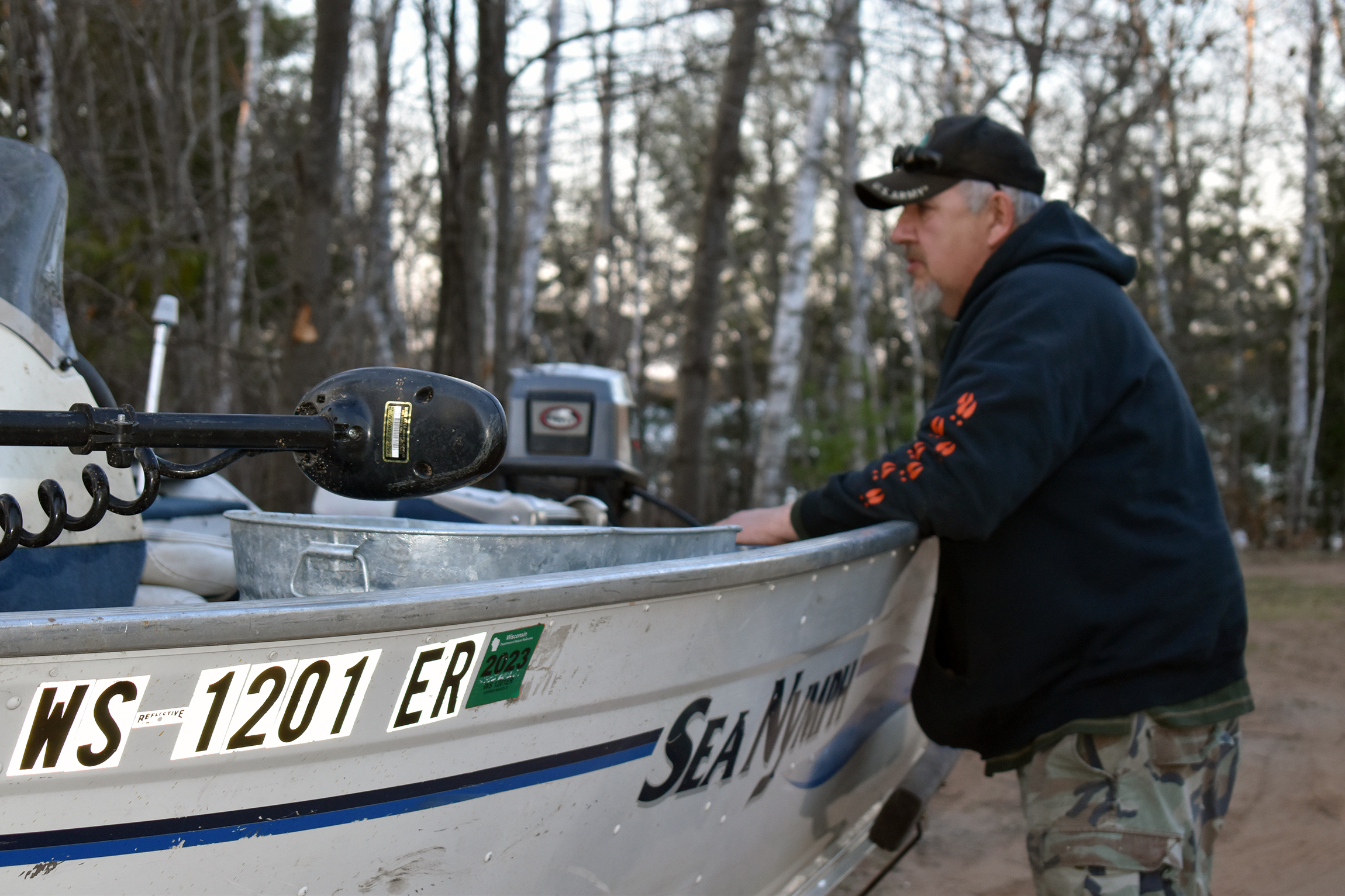After UW-Milwaukee students performed a play in front of a nursing home audience, some of the members involved looked into expanding the project to improve elder care. Our guests explain how the arts can improve the lives of caregivers and recipients. We also get some little-known bug-bite facts, and we talk to a reporter covering the open records dispute between the Wisconsin Economic Development Corporation and Democratic lawmakers.
Featured in this Show
-
Open Records Dispute Between Wisconsin Economic Development Corporation And Two Democratic Board Members
A dispute between the Wisconsin Economic Development Corporation and Democratic lawmakers serving on its board is in public view. The dispute is based on open records requests from the Democratic board members, and it’s been going on for nearly a year. We talk to a reporter covering this story and get the details.
-
Science News: Vibrating Insoles, Gravitational Waves, CRISPR, And Things You Didn't Know About Bug Bites
As the weather gets warmer, the bugs are starting to come back in Wisconsin. Our science guru Gemma Tarlach explains why mosquitoes are more likely to bite women, and even more likely to bite pregnant women, plus other things we didn’t know about bug bites. She also discusses how vibrating insoles work (and how they’ll help older people), and she shares news about gravitational waves and gene editing technology.
-
Using Art To Improve Elder Care
Guests from the “Penelope Project” share their efforts to use the arts to improve the lives of elderly people and improve care–based on an effort started in Wisconsin.
Episode Credits
- Rob Ferrett Host
- Veronica Rueckert Host
- Amanda Magnus Producer
- Rob Ferrett Producer
- Matthew DeFour Guest
- Gemma Tarlach Guest
- Anne Basting Guest
- Ellie Rose Guest
Wisconsin Public Radio, © Copyright 2024, Board of Regents of the University of Wisconsin System and Wisconsin Educational Communications Board.

